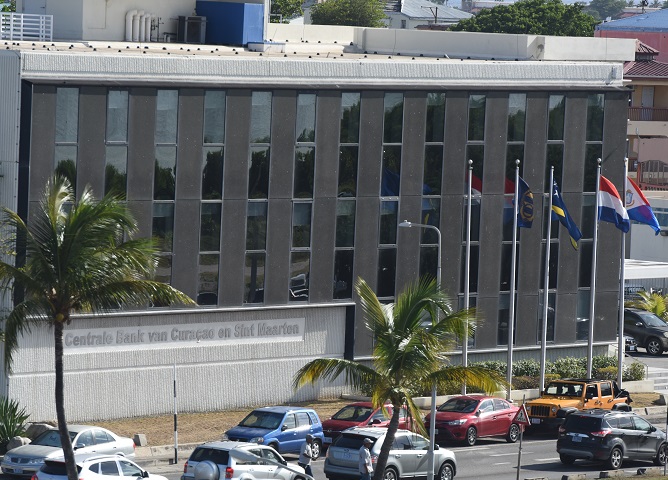WILLEMSTAD / PHILIPSBURG — Curbing bank card transaction fees was a key outcome of the second meeting of the National Payment Council (NPC). The transition to MasterCard and Visa debit cards has led to point-of-sale (POS) and automated teller machine (ATM) transactions not always being processed as local, resulting in higher transaction fees.
To ensure secure and efficient payment processes, it is crucial to standardize the configuration of POS machines and ATMs in the short term. In addition, the NPC is committed to addressing bank card transaction fees through the payment network. To this end, a subcommittee will be established in early 2025 to discuss the issue and develop specific recommendations.
During the December meetings held in Sint Maarten and Curaçao, discussions also focused on other payment-related issues, such as payment fraud, the introduction of the Caribbean Guilder, and the continued development of instant payment functionalities.
New forms of payment fraud are on the rise. While credit card fraud was once the primary concern, direct payments via payment links and QR codes, for example, now pose new risks to users. NPC participants agreed on the importance of education, especially to preserve trust in innovative payment methods. At the initiative of the CBCS, the possibility of a joint information campaign will be mapped out.
Developments in Instant Payment were another key topic of discussion. This technology now enables real-time processing of local payments and offers additional applications, such as cardless payments for online and in-store transactions, as well as international transfers between the Countries, Bonaire, Aruba, and the Netherlands. The NPC remains actively engaged in supporting and closely monitoring these advancements.
The NPC is a platform for payment system policy dialogue between the competent authorities, the CBCS and stakeholders, ensuring a balanced representation of public and private interests. Beyond the competent authorities, the membership of the NPC is limited to a core group of institutions deemed relevant to specific issues under discussion, including representatives of payment service providers, such as the banking associations of Curaçao and Sint Maarten and the Curaçao Fintech Association, and of payment service users in the Countries, such as government agencies, utilities as well as consumer and business associations.
The NPC is also the place where payment service providers (PSPs) and users can share and discuss their expectations and challenges, and potentially translate them into new functionalities within the national payment system. The main objectives of the NPC are: policy development, security and efficiency, financial inclusion, interoperability, education and awareness.






























